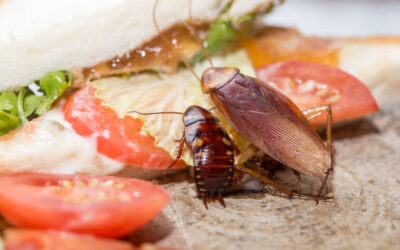Aphids are tiny sap-sucking pests that weaken plants and spread several viral diseases. Of the 5,000 identified aphid species, about 450 live on cultivated plants, and around 100 threaten agriculture worldwide by consuming phloem sap and transmitting viral diseases

Did you know aphids adapt their traits to suit environmental conditions? The reasons include:
- Cyclical Parthenogenesis: Aphids reproduce asexually during long days for rapid growth and switch to sexual reproduction in fall, producing frost-resistant eggs for winter survival.
- Winged and Wingless Forms: When plant quality declines or becomes overcrowded, females produce winged offspring that fly to and colonize healthier, less crowded plants.
- Genetic Variation and Adaptation: Aphids adapt quickly through natural selection, using either existing variation or new beneficial mutations.
- Diverse Genotypes: Even in parthenogenetic (asexual) reproduction, aphid populations stay genetically diverse through mutations and occasional recombination.
- Clonal Efficiency: Sexual reproduction generates diverse clones, some of which are highly efficient at spreading over large distances and reproducing asexually
- Frequent Beneficial Mutations: Large aphid populations often develop beneficial mutations, enabling rapid adaptation without recombination.
- Fast Adaptation with Large Effect Mutations: Aphids adapt quickly through significant genetic changes, such as developing resistance to pesticides.
- Symbionts for Novel Traits: Aphids can associate with facultative bacteria that provide them new traits, like protection from enemies or adapting to new plants
- Plant Recognition Genes: Aphids have genes for recognizing and exploiting plants, helping them adapt to new crops.
- Gene Duplications: Duplicated genes in Myzus persicae help it adapt quickly to feed on diverse plant species.
- Host Plant Specialization: Genetically identical aphids can adapt to different host plant species or even develop specialised roles, such as soldiers in social colonies.
The adaptability of aphids to farming practices poses challenges to food security, highlighting the need for more sustainable pest control strategies






